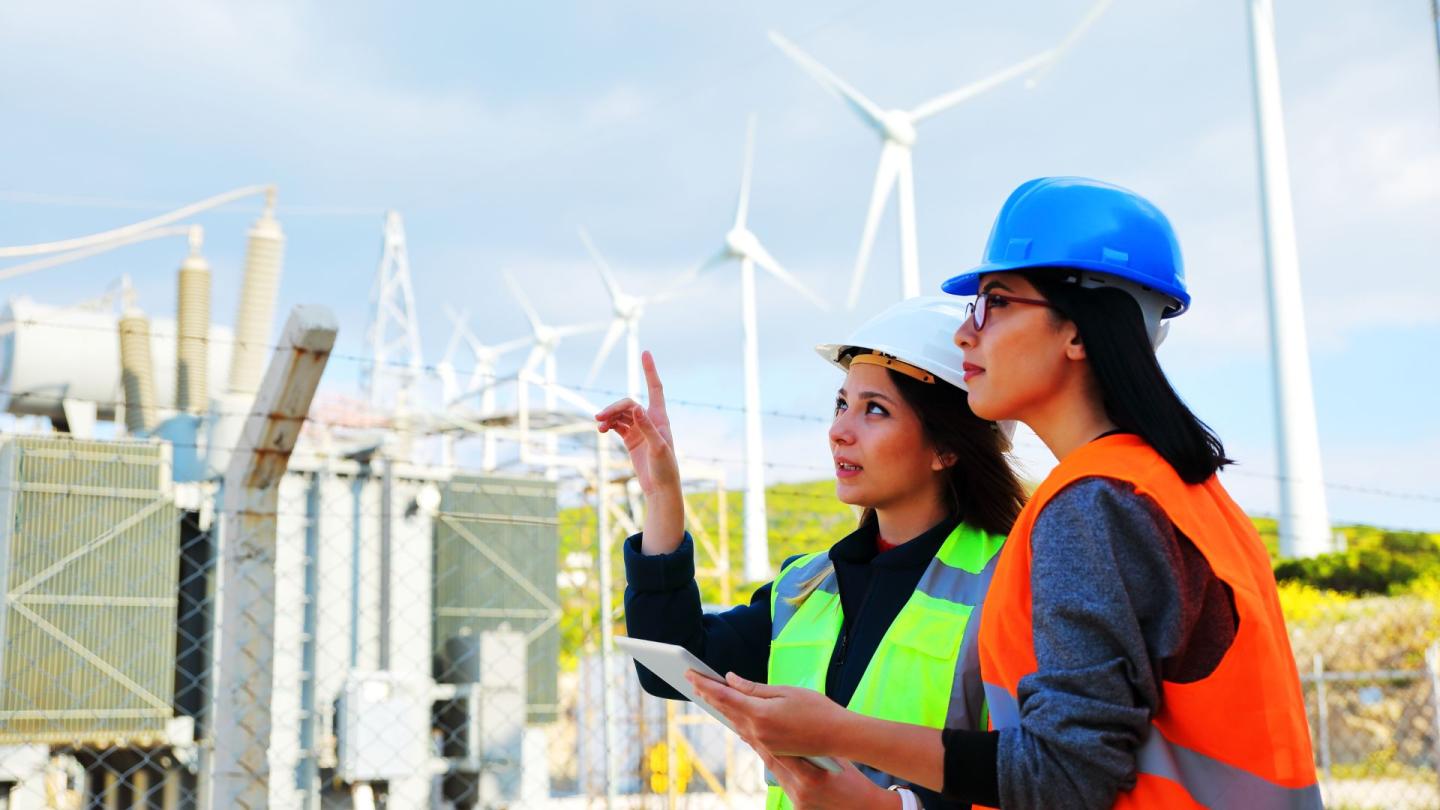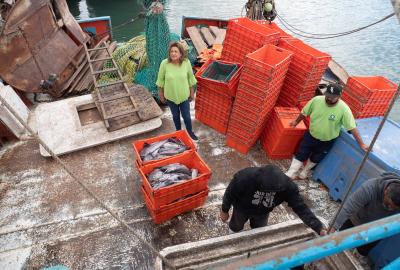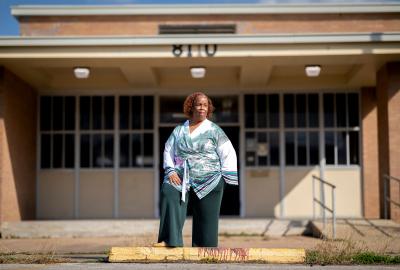This week’s good climate news
American Climate Corps announced

There’s never been a better, or more important, time to get a climate job than right now, and this week, U.S. President Joe Biden announced a new federal program that will teach young people green skills. The American Climate Corps will train 20,000 participants to help communities build resilience against extreme weather events, and set up clean energy, and more in its first year.
If you're interested in a climate-saving career, check out the Degrees podcast.
World's northernmost solar array installed

Located at 78 degrees north latitude, the world’s northernmost solar farm and battery storage is set to come online this week. The array was installed at a weather and radio station just south of the North Pole on the Svalbard archipelago, which is part of Norway, and it will reduce on-site emissions by 70%, thanks to these clean energy upgrades.
This hybrid model of solar power, batteries and diesel is being looked at as a model for 1,500 other Arctic communities that are currently off the grid, with wind power as a future possibility for the sunless winter months.
Transparency coming to green investing

The U.S. Securities and Exchange Commission took a significant step this week toward ensuring transparency in sustainable investments. With a bipartisan vote, they're bringing terms like "sustainable" and "green" under the Names Rule, which means at least 80% of the assets of a fund must align to match a fund's name, to protect consumers from misleading marketing when it comes to investing.
Investment funds have been utilizing sustainability language in order to attract investors, and this ruling will help ensure those funds follow through on their promises.
Carbon footprint cut by working from home

Remote workers could be fighting climate change without even knowing it. New research reveals that an employee's carbon footprint could be reduced by more than 50%, just by working from home full-time. Employees who work remotely two or three days per week could cut emissions by 11-29%.
The researchers suggested that utilizing renewable energy to power offices and cleaner transportation options would also greatly reduce emissions.


